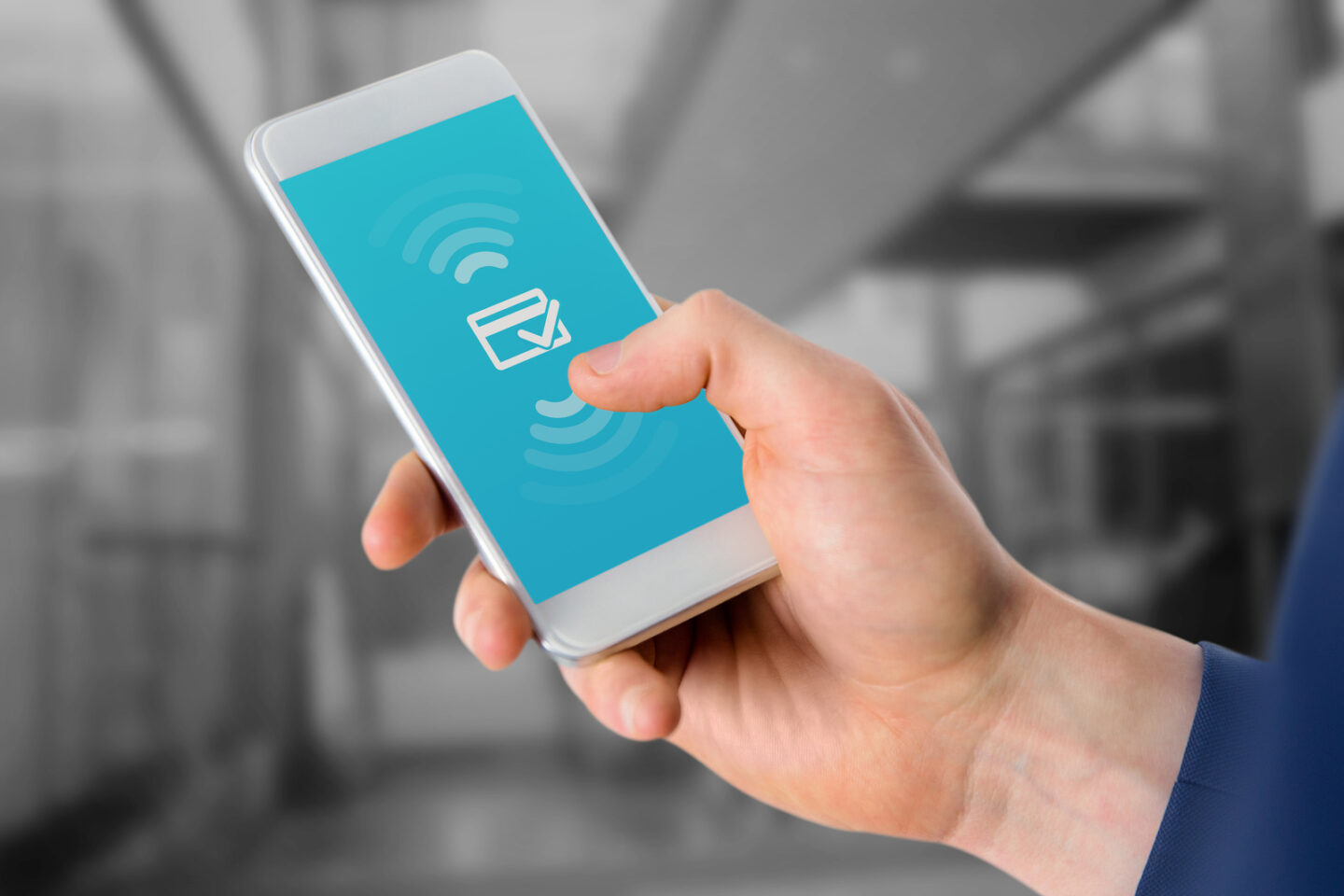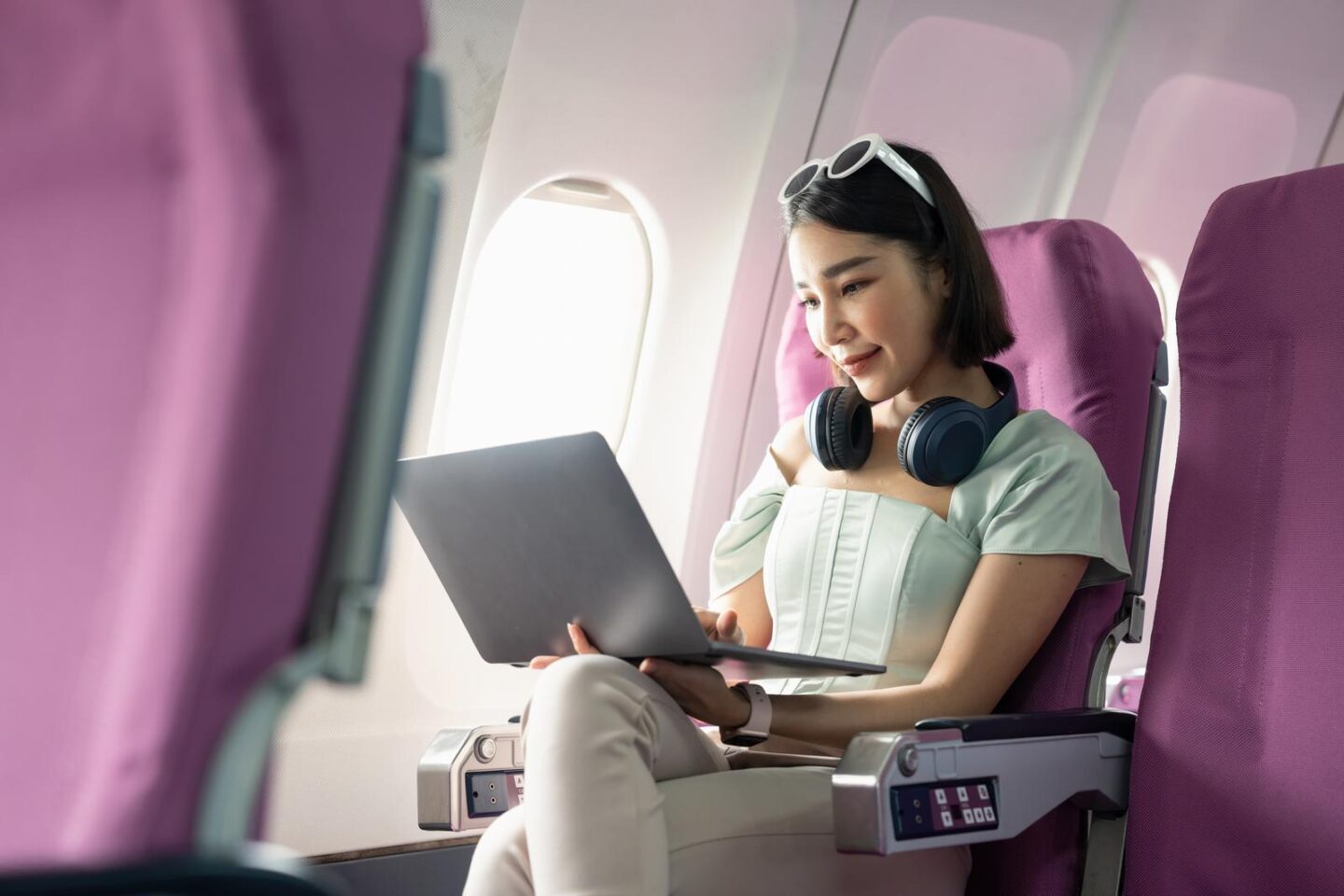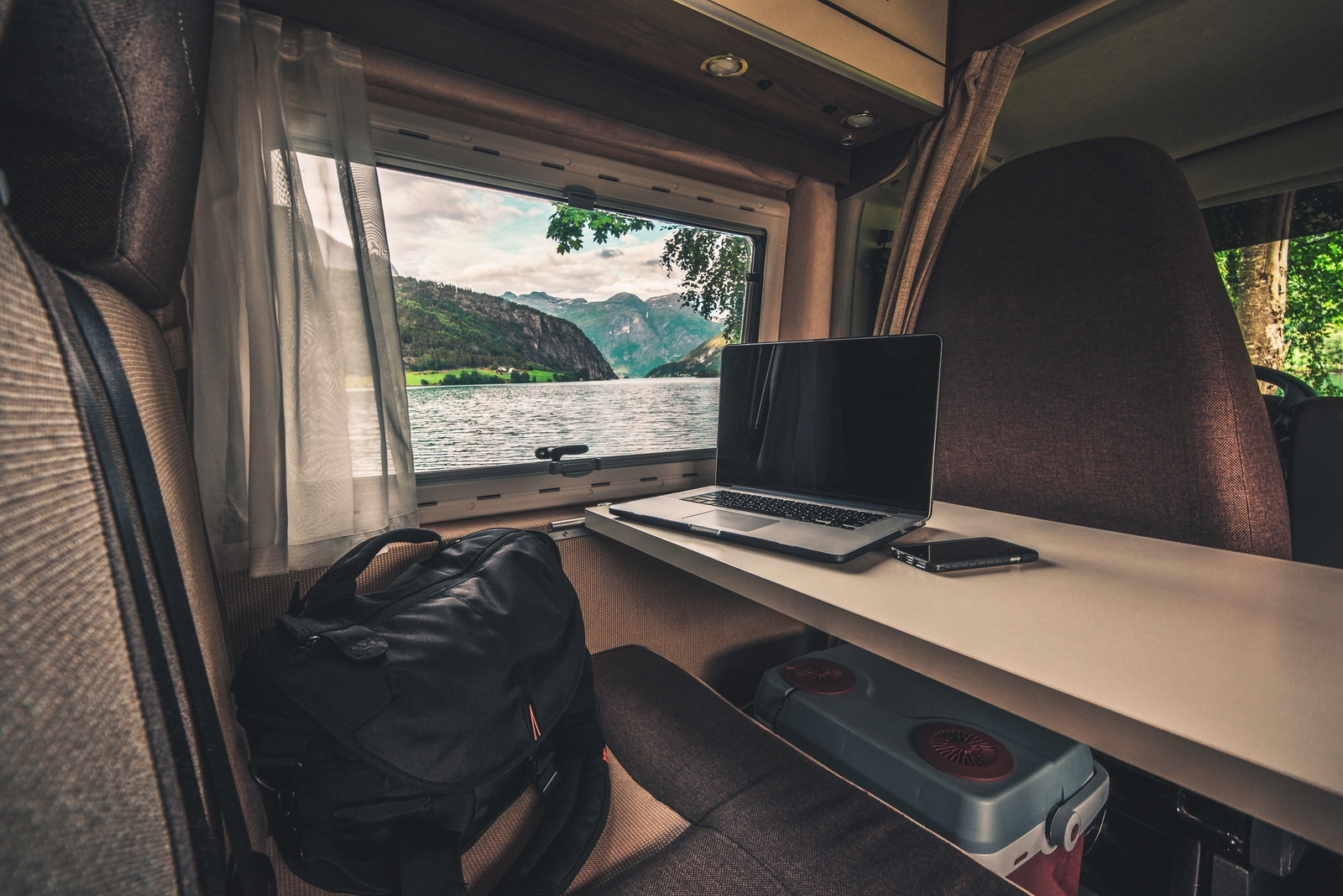Cybercrime is a cause for concern, and there are lots of stats to back this up. It’s no wonder people are hesitant about using public Wi-Fi when travelling.
However, while you are abroad, it can be tricky to secure a Wi-Fi connection. This means that many people resort to public Wi-Fi, which can be risky.
With more Brits looking into working abroad, knowing how to stay safe is key. Here’s how you can remain diligent when using Wi-Fi while travelling.

Having a strong and cryptic password can help to protect your personal information. Be sure to use unique passwords for different purposes.
Otherwise, hackers could access even more information. For more security, add a two-step verification where possible. This will add another layer of defence.
Although this may feel time-consuming, you will be thankful for the added protection.
Hackers can also spread viruses through pop-up ads. They tempt users into clicking on them with urgent messaging or by taking up space on the web page.
Never click on these. You should consider using an ad blocker to limit this risk. This will help to protect your device and details.
If you can, avoid using public computers where possible. They may not have antivirus software installed and could put you at risk. If you input any personal details into an unsafe computer, these could be stolen by a hacker.
As a general rule, always avoid inputting data when using unsecured Wi-Fi or a public computer. Computers screens can be very visible too. You could have an unwanted onlooker watching you input this personal information.

Did you know that cyber criminals can set up fake hotspots? This is a technique they can use to lure technology users into their traps.
It can give them access to your online activity, so they can monitor what you are doing. Once you connect to their fake hotspot, they can contaminate your device. This is done by uploading malware onto your device.
Daniel Markuson, a Digital Privacy Expert at NordVPN, recently stated, ‘Hackers can set up fake hotspots or access unsecured public routers and monitor your online activity. Once you’re connected, they can intercept your internet traffic, infect your device with malware, and steal your personal information.’
Consider installing a VPN onto your device. This will secure you when connected to public Wi-Fi while travelling. It hides your device from criminals and deters any cyber-attacks.
Having a VPN will stop you from having to use an unsafe computer too. This will help to protect your device and details by keeping your connection private.
Your username, password, and browser cookies will be safer with a VPN in place. Not forgetting any card or payment details!
Make sure your antivirus software is up to date before travelling. This will help to keep viruses at bay, keeping your personal information protected.
Antivirus software is an affordable investment you won’t regret. It will also mean you can use your device around the world with peace of mind.
